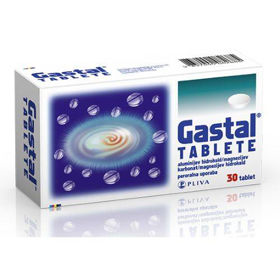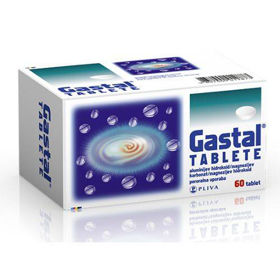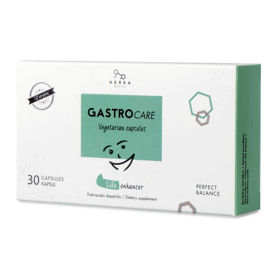Customer question:
What is biliary gastritis? Anonymous customer's question
Pharmacist's answer:
Biliary gastritis is an inflammation of the gastric mucosa, which results from the reflux of bile into the stomach. This condition usually develops due to various disorders in the biliary system that cause abnormal bile flow back into the stomach. Bile is a fluid produced by the liver and typically stored in the gallbladder until it is needed to digest fats. When bile is thrown into the stomach, it can simultaneously damage the lining of the stomach and trigger an inflammatory response, leading to gastritis.
Symptoms of biliary gastritis may include upper abdominal pain, heartburn, nausea, vomiting, bloating, feeling full, and loss of appetite. These symptoms may worsen after eating fatty or spicy food. Diagnosis of biliary gastritis usually involves a medical history, physical examination, laboratory tests, imaging tests such as ultrasound, and sometimes endoscopy.
Biliary gastritis treatment focuses on limiting symptoms and preventing further damage to the gastric mucosa. This condition may include dietary changes, avoiding fatty and spicy foods, and medications to reduce bile production or protect the stomach lining. In severe cases, when other treatment methods do not help, the doctor may recommend surgery to eliminate the underlying cause of bile reflux.
Interesting reading: Tablets for Gastritis
Interesting reading: Lymphocytes high












 Facebook
Facebook
 Instagram
Instagram
 info@moja-lekarna.com
info@moja-lekarna.com

